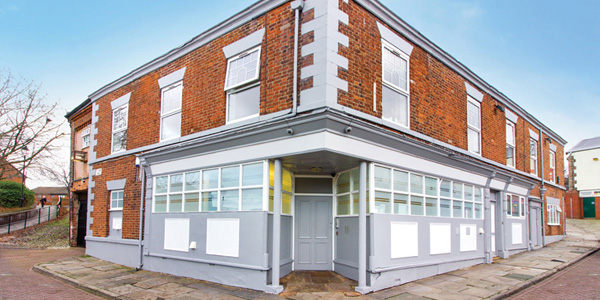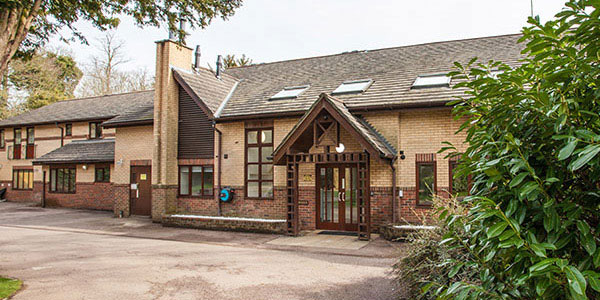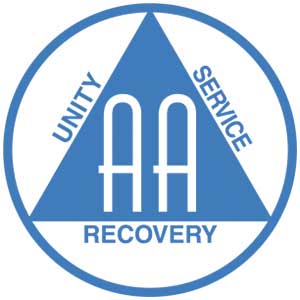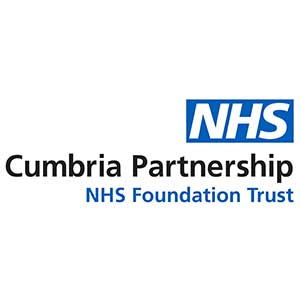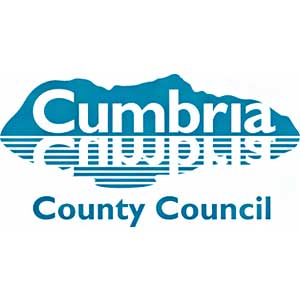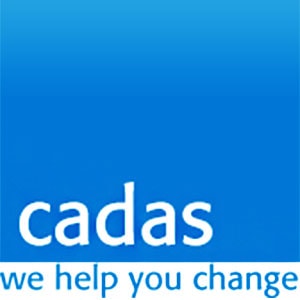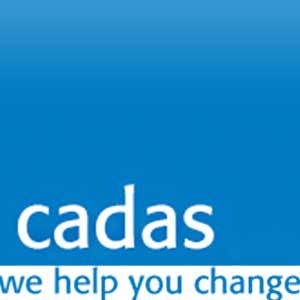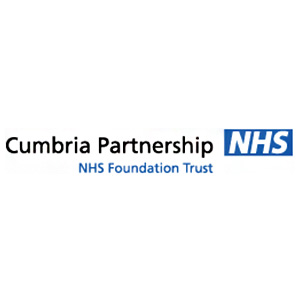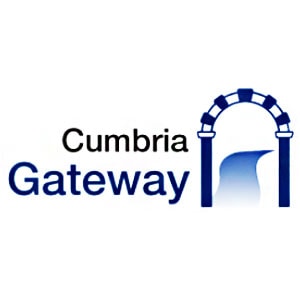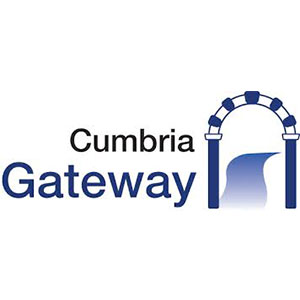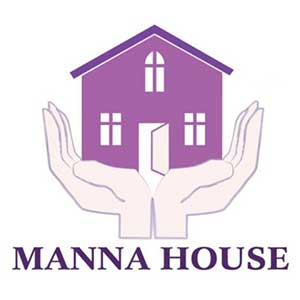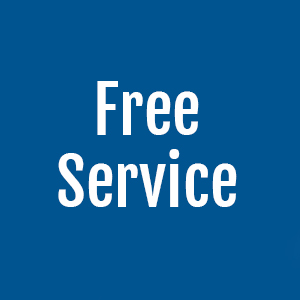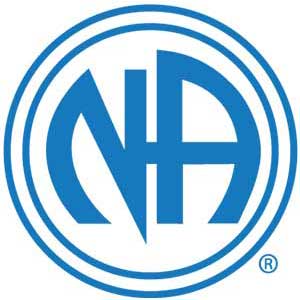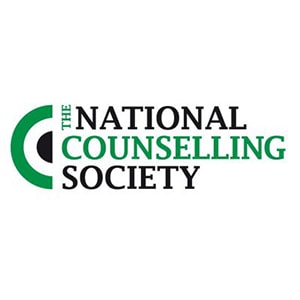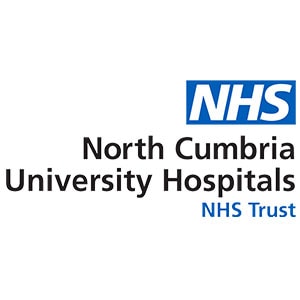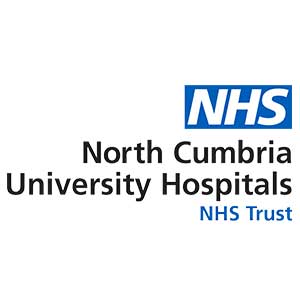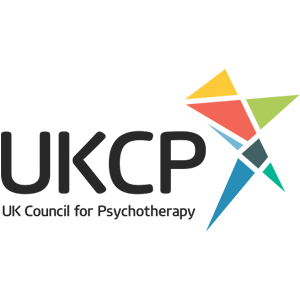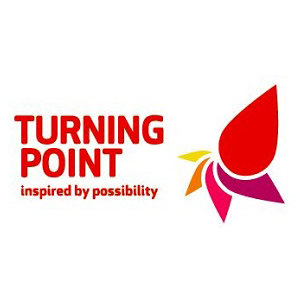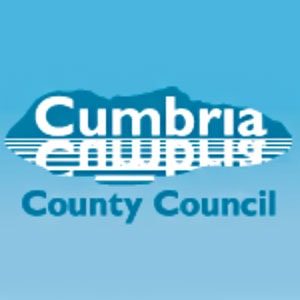Alcohol & Drug Rehab In Cumbria
If you’re in Cumbria and have taken the brave steps to seek treatment for alcohol or drug addictions, you’ve already reached your first milestone! There are recovery programmes available around the county that can help you achieve happiness and sobriety, ranging from outpatient programmes to private inpatient rehab.
Addiction Helper is proud to have helped many people in Cumbria find the treatment they deserve. If it’s rehab you’re looking for, we’ve put together a comprehensive list of CQC registered clinics that abide by strict medical practises. From the detox process through to rehab and aftercare, the facilities found below are complete with nurses, psychiatrists, addiction counsellors and support workers who aim to make your stay as comfortable as possible providing the very best in addiction recovery.
If you have any questions regarding rehab, please reach out to our team of addiction specialists by phone or via the live chat feature.
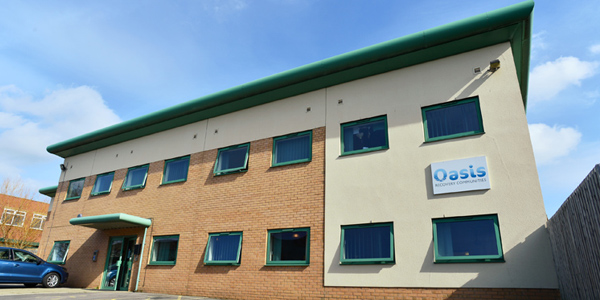
Built in 2009, Oasis Bradford was originally commissioned by the Department…
- Private
- 24/7 Nursing
- 24/7 nursing
- Residential
Featured Rehabs
Oasis Runcorn is quite unique detox and rehab unit in offering two treatmen…
Banbury Lodge is a private UKAT rehab facility based in Banbury, Oxfordshir…
Liberty House Clinic is a fully furbished detox and rehabilitation facility…
-
- Free
- Group Setting
- 12 Step
-
Furness Suite
College House, Howard Street
Barrow-in-Furness
LA14 1NB0 review- Free
- Group Setting
- Outpatient
-
- Support
- Adult social care
- Free
-
Duddon House
Fairfield Lane
Barrow-in-Furness
LA13 9AZ0 review- Free
- Outpatient
- Support
-
- Free
- Outpatient
- Support
-
- Free
- Outpatient
- Support
-
CADAS Kendal (within Manna House), Castle Lodge, Aynam Road, Kendal, Cumbria, LA9 7DE0 review
- Free
- Outpatient
- Support
-
- Free Service
- Outpatient
- Support
-
- Free Service
- Outpatient
- Support
-
- Free
- Counselling
- Outpatient
- Support
-
- Over 18
- Free
- Social Care
- Support
-
- Over 18
- Free
- Social Care
- Support
-
- Substance Misuse
- Harm Reduction
- Outpatient
- Free
-
- Homelessness
- Support
- Free
- Advise
-
- Homelessness
- Support
- Free
- Advise
-
- Free
- Group Setting
- 12 Step
- Advise
-
0 review
- Outpatient Option
- Private
- One to One
- Advise
-
- Outpatient Option
- Private
- One to One
- Advise
-
- A&E
- 24 hour
- One to One
- Advise
-
0 review
- Outpatient Option
- Private
- One to One
- Advise
-
- Outpatient Option
- Private
- One to One
- Advise
-
Unity Kendal, 39 Stricklandgate Kendal Cumbria, LA9 4LT0 review
- Outpatient Option
- Private
- One to One
- Advise
-
First Floor, Stocklund House, Castle Street, Carlisle, Cumbria, CA3 8SY0 review
- Outpatient Option
- Private
- One to One
- Advise
-
First Floor, Stocklund House, Castle Street, Carlisle, Cumbria, CA3 8SY0 review
- Substance Misuse
- Harm Reduction
- Outpatient
- Free
-
- Substance Misuse
- Harm Reduction
- Outpatient
- Free
- Load More
Drug & Alcohol Rehab Services in Other Towns/Cities
- A
- B
- C
- D
- E
- F
- G
- H
- I
- J
- K
- L
- M
- N
- O
- P
- Q
- R
- S
- T
- U
- V
- W
- X
- Y
- Z
Private Rehab

Private rehabilitation facilities are independent treatment centres designed to provide a conducive environment for recovery, as well as effective, personalised treatment plans for people who want to overcome their addiction. These rehabs run residential programmes from 28 to 90 days that are personalised to the needs of each client. You’ll get 24/7 care from start to finish with an experienced medical and therapy team.
The major benefit of private rehab is the intensity of treatment, which is comprehensive and tailored to fit each patient. Private rehab centres are also medical clinics, where you can receive (if required) a medical detox, treatment for physical and behavioural addictions along with psychiatric support.
Treatment includes a thorough assessment to determine your specific treatment needs; detoxification to remove all harmful toxins from your system; psychotherapy to treat all psychological problems, and 1yr free aftercare to help you maintain abstinence after rehab.
Pros And Cons Of Private Rehab
Pros
- Be in a safe and nurturing environment
- Medical detox with 24/7 care & support
- Overcome the root causes of addiction
- guaranteed privacy and confidentiality
- Experienced team of doctors & therapists
- Personalised rehabilitation programme
- Look, feel, sleep better & regain confidence
- Learn techniques for relapse prevention
- 1 year complimentary aftercare support
Cons
Cost can be a barrier but should be weighed up versus longer term cost of addiction both financial, physical and mental
What Does Rehab Cost?
Going through a private rehab will cost you, but treatment fees vary according to the location of the rehab. you’ll spend more if your addiction is severe, you go through rehab longer, and you also undergo a medical detox. Generally, treatment fees range from £1,250 to £2,500 weekly, but these factors could sway these prices higher or lower.
NHS Addiction Treatment
There are drug and alcohol programmes available in Cumbria, for residents who are going through this ordeal. The programmes are accessible for free, and you can get in through a referral from family and loved ones, in some cases your GP, and in other cases, you can refer yourself.
The Pros And Cons Of NHS Treatment
NHS treatment is beneficial because it is:
- Free
- Confidential
- and accessible close to your home in Cumbria.
Some of the disadvantages of NHS treatment options are:
- Lengthy admission processes
- Referral to a residential rehab is not guaranteed
- Treatment may be carried out across different clinics
- Difficult access to therapists
- Most NHS and community programmes only provide outpatient treatment
- You may find it difficult going through outpatient care if your environment does not encourage sobriety
Addiction Support Groups
Addiction support groups, or mutual aid communities, consist of recovering addicts who come together to help each other stay focused on their sobriety. These groups will be helpful if you’ve completed treatment or are going through rehab via an outpatient programme. Support groups are free to attend, and meeting locations are available and open to addicts all across Cumbria.
What Is NA?
Narcotics Anonymous involves a group of recovering drug addicts who provide mutual support to one another. It is a worldwide society that is based on 12-step therapy, with meeting venues scattered all over the world.
What Is AA?
AA (Alcoholics Anonymous) is similar to NA but is dedicated to individuals that are recovering from drinking problems. You can also find AA meetings in Cumbria, and they’re free to attend as well.
Types Of Counselling

One-to-One This is the most commonly known type of therapy. It involves a counselling session between therapist and patient in the same room. It may be held in an office, coffee shop, garden or any place where the patient feels most comfortable. Face-to-face therapy includes techniques such as motivational interviewing, simple yet effective QnA or unloading where the client releases whats been on there mind causing anxiety, fear, sadness etc… before the therapist interprets this and helps the client to uncover the root issue.
Online This includes all counselling services provided through the internet. It includes sessions via emails, Skype, and support group chat rooms such as SMART Recovery online support groups. It is easy, convenient, and promotes anonymity.
Group Involves a number of people struggling with similar issues coming together to discuss these issues openly, and in the presence of a certified counsellor. Through this process, each participant gains a deeper insight into their addiction, while providing support to others in the group at the same time.
How Can I Get To Cumbria?
By Rail
Carlisle, Penrith, Barrow-in-Furness, and Oxenholme Lake District, are the busiest train stations in Cumbria that provide connections through the west Coast Line and the Cumbrian Coast Line to other parts of the county and the UK.
By Road
The M6 motorway goes through the county, primarily providing connections to Penrith and Kendal, and terminating at Carlisle. A number of A roads also provide connections to and from the county, including the A6 that links Carlisle from Bedfordshire via Penrith and Kendal; the A69 that goes to Newcastle upon Tyne from Carlisle via Hexham and Brompton; and the A66 from Workington to Middlesbrough.
If you are travelling from Yorkshire, the A1 takes you past Doncaster, Leeds and Harrogate. Before you reach Darlington take the A66 at Scotch Corner and follow it west past Bowes. Once you reach Brough you can head south along the A685 until you reach Tabay, from here you can join the M6 and head north towards Carlisle or South towards Kendal.
From Manchester you can take a direct along the M6 past Lancaster, this route takes you past Kendal and further north.
If you’re heading east from County Durham, the A69 from Newcastle will take you through Heddon-on-the-wall to Brampton (via the Brampton Bypass). At the fork take the A69 towards Carlisle.
If you are arriving from Scotland, the A75 covers most of the south west through Dumfries before joining the M6 at Gretna Green. From here head south into Carlisle.
Via Glasgow you can take the the M74 to Abington and merge on to the A74 as far as Gretna Green. From here take the M6 into Carlisle.


